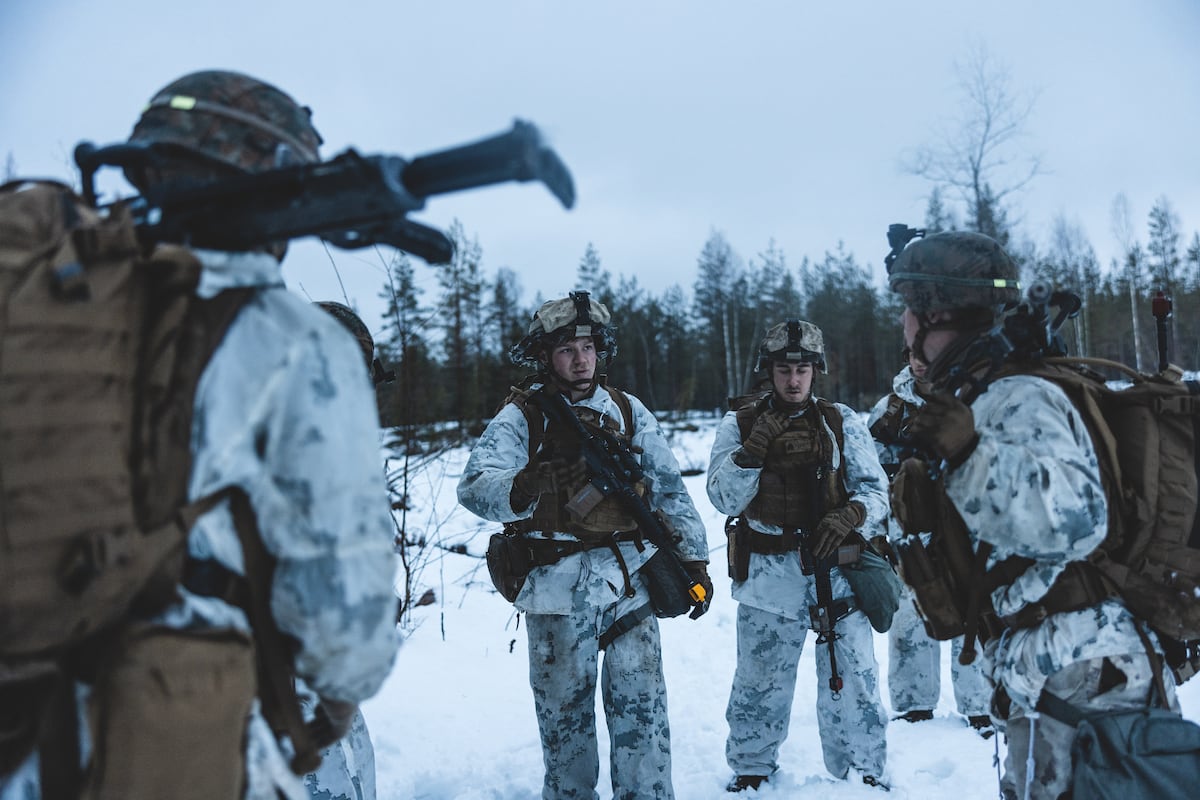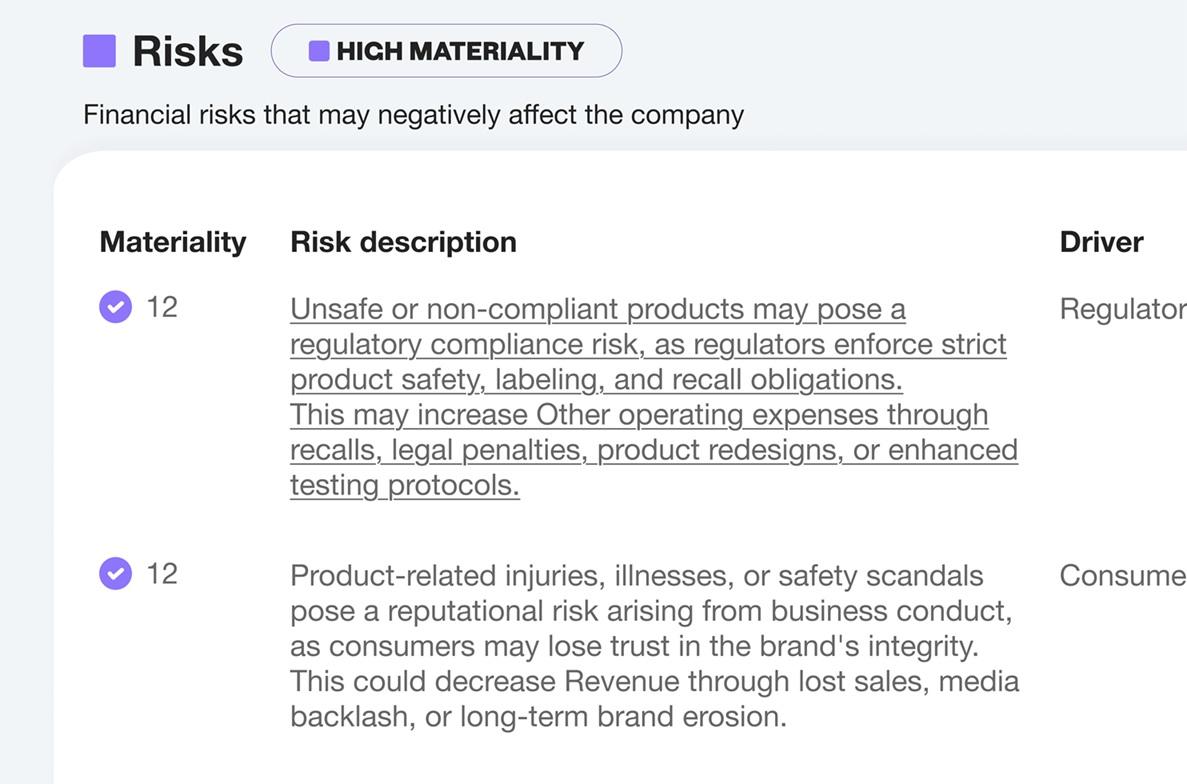The escalating collaboration between China and Russia in the Arctic is reshaping the geopolitical landscape, prompting urgent calls for the U.S. to enhance its military presence in the region. As Iris A. Ferguson, the deputy assistant secretary of defense for Arctic and Global Resilience, highlighted, China's ambitions extend beyond mere military engagement; they encompass scientific research and economic initiatives that could solidify its foothold in this strategically vital area. The recent joint military exercises conducted by both nations, particularly in the Bering Strait, signal a new level of cooperation that raises alarms within the Pentagon. This partnership, coupled with the ongoing impacts of climate change, which is rapidly altering the Arctic environment, necessitates a reevaluation of U.S. strategies to safeguard its interests and maintain regional stability.
The Pentagon's 2024 Arctic Strategy emphasizes the need for a robust response to these emerging threats, advocating for increased military exercises and collaboration with northern European allies. Ferguson's remarks underscore the importance of understanding the long-term strategic interests of both China and Russia, as their activities could have profound implications for U.S. security. By fostering stronger alliances and enhancing operational readiness in the Arctic, the U.S. aims to deter potential aggression and ensure the defense of international waterways. As the geopolitical dynamics evolve, the ability to adapt and respond effectively will be crucial in maintaining a balance of power in this increasingly contested region.








